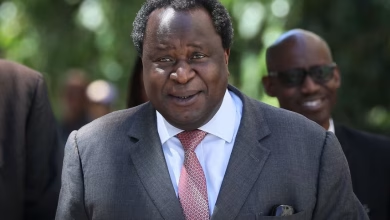A series of drone attacks on the northern Malian town of Tinzaouaten has resulted in the tragic deaths of at least 21 people, including 11 children.
The attacks, which targeted a pharmacy and a group of civilians, also left dozens wounded.
A spokesperson for a coalition of Tuareg-majority groups fighting for independence in northern Mali confirmed the attacks on Monday.
The Malian army has acknowledged the drone strikes, claiming that they were “precision strikes” targeting terrorists.
The town of Tinzaouaten has been the site of previous air attacks, most recently in July when separatist groups claimed to have inflicted heavy losses on Malian soldiers and Russian Wagner Group mercenaries.
While the exact number of casualties remains disputed, the separatists assert that at least 47 soldiers and 84 Wagner mercenaries were killed in the July attacks.
Following the recent drone strikes, Russian Foreign Minister Sergey Lavrov reaffirmed Moscow’s unwavering support for Mali and its army.
The Malian army has maintained that Wagner fighters are present in the country solely as military trainers.
According to Rida Lyammouri, a senior fellow at the Policy Center for the New South, the limited presence of Malian forces and Russian mercenaries on the ground in northern Mali makes drone strikes the primary means of attack in the region.
The recent setbacks suffered by Wagner mercenaries may lead to an increase in air strikes, including those targeting civilians, as a form of retaliation.
Since a military coup in 2020, Mali has been grappling with ongoing conflict and instability. The recent drone attacks highlight the continued violence and suffering in the region.
